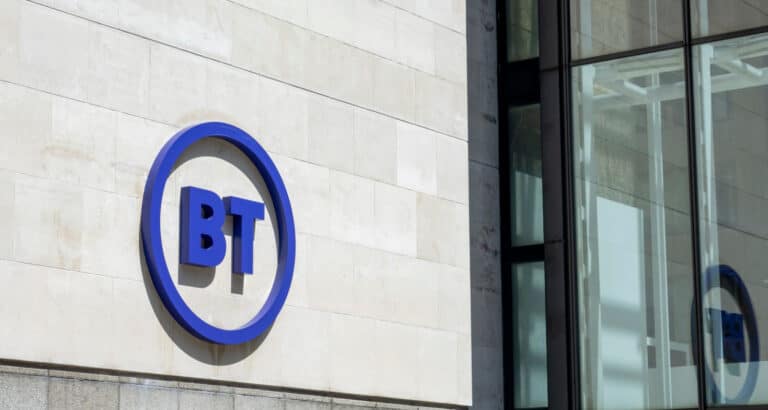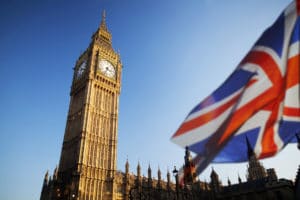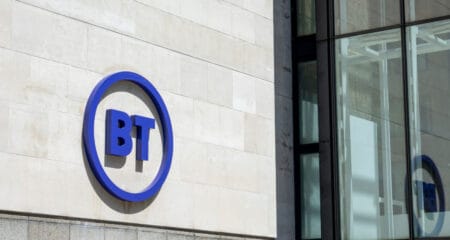The UK government decided not to force billionaire Partick Drahi to lower his 18 percent stake in BT, Britain’s largest broadband firm.
Patrick Drahi, a French-Israeli billionaire, won’t be forced to cut down his 18 percent stake in BT Group after the UK government ruled that Drahi’s investment does not pose any national security concerns.
On Tuesday, BT announced the Drahi will be allowed to retain his 18 percent stake. However, the UK government did acknowledge that any future transactions will be separately assessed under its control. As a result, Drahi is considered the biggest shareholder of BT, having pursued debt-filled deals to purchase assets in France, Portugal, the US and Israel.
Drahi said he did not anticipate a complete takeover that at the time of his investment, and supports BT’s board and management as it continues to release fiber across the country.
National security bill
Earlier this year, Britain announced a new national security bill that allows the British government to scrutinize and meddle in foreign acquisitions that may hinder the country’s resilience in industries including energy, digital, and defense.
Drahi’s share increase to 18 percent initially generated a blunt response from the UK government. The government stated it was committed to improving the state’s digital infrastructure, and won’t think twice to act to safeguard its telecommunication assets.
In May 2022, the government said it would carefully assess the implications of the deal. The government recently disclosed it won’t be taking any action, but guaranteed that “under the National Security and Investment Act, acquisitions are assessed on a case by case basis, so any future transaction could be subject to a separate assessment under the Act”/
BT shares
The government’s announcement of the investigation influenced BT’s share price. Shares increased by 2.5 percent following the announcement, providing BT with a market value of $18 billion.
As of now, BT is navigating through a bumpy path, looking to build a new fiber network while the economy declines and 40,000+ staffers went on strike over delayed pay.


















